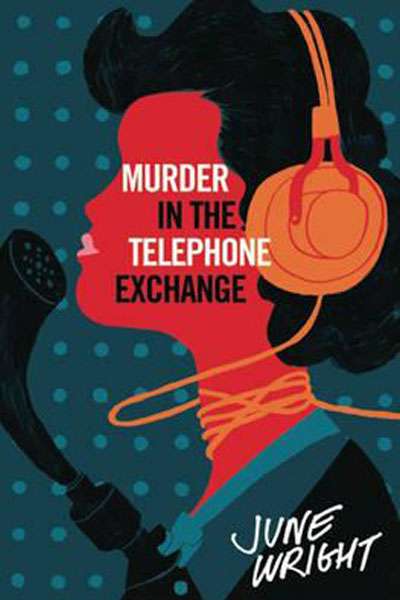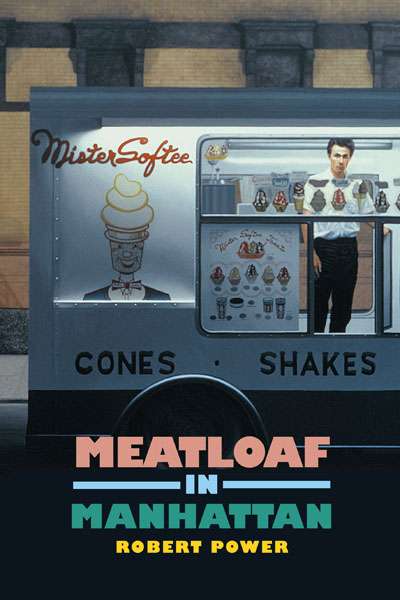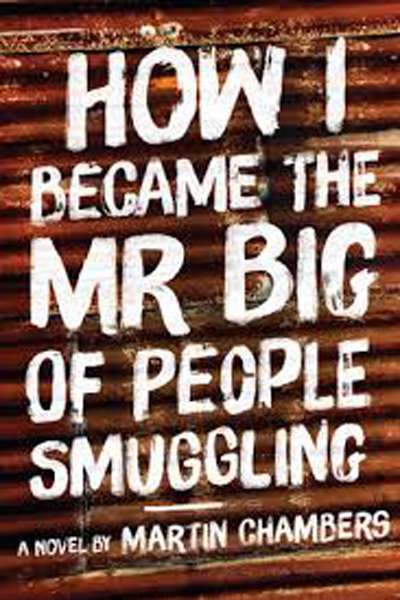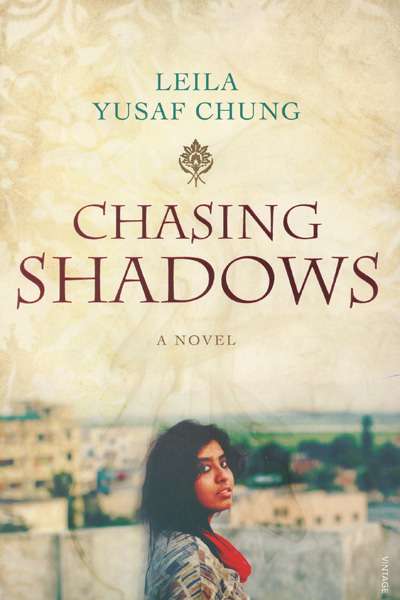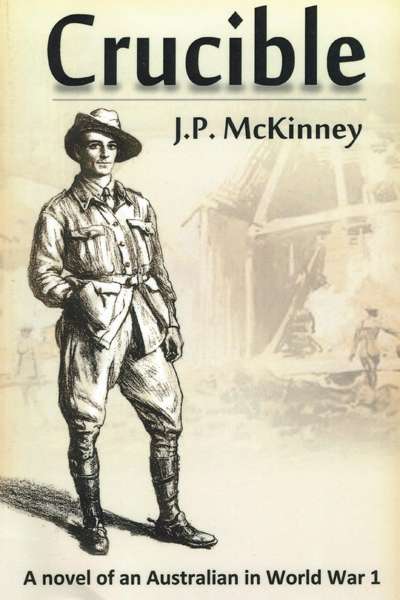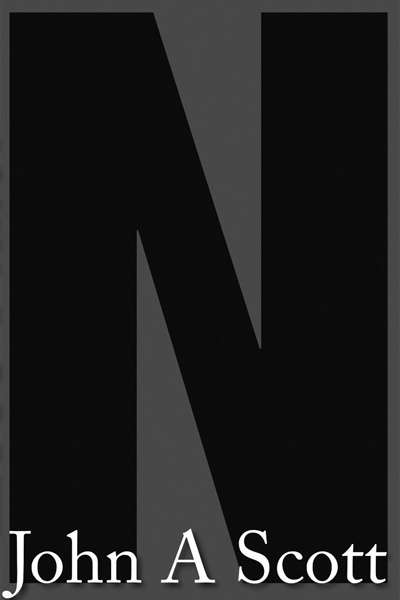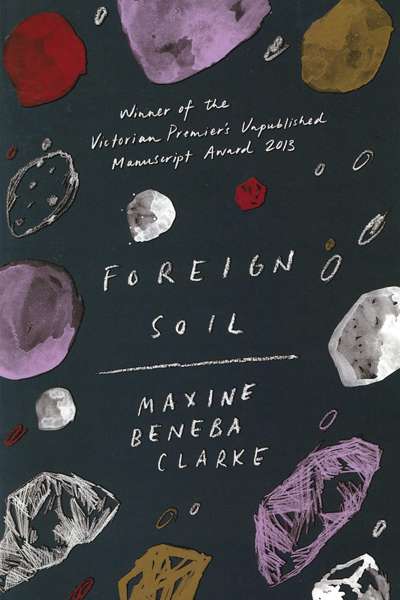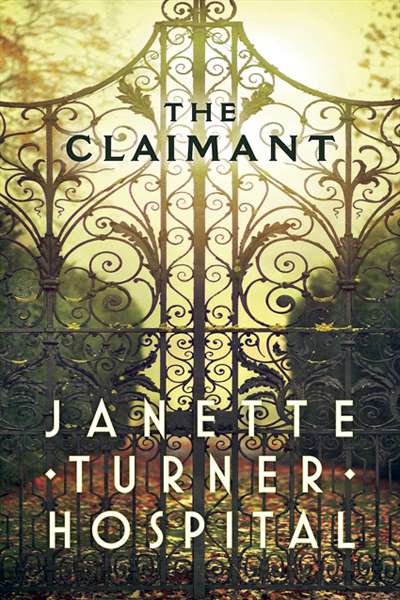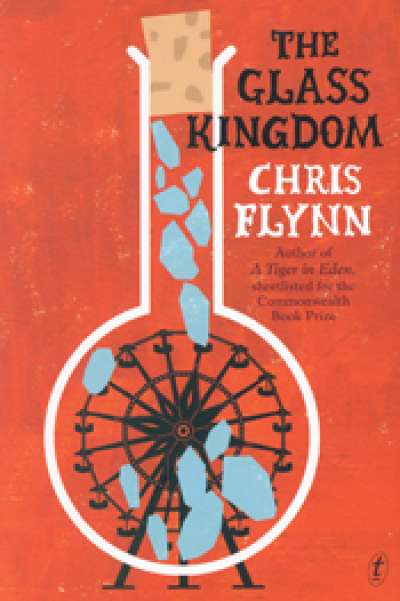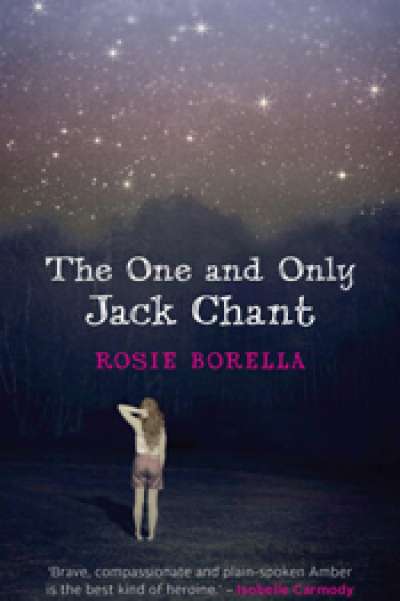In Negotiating with the Dead (2002), Margaret Atwood proposes that all writing ‘is motivated, deep down, by a fear of, and fascination with, mortality – by a desire to make the risky trip to the Underworld, and to bring something or someone back from the dead’. Certainly writers often use their craft both to preserve the memory of times, places, and people lost to them, and, consciously or unconsciously, to create a vivid, unique voice that will outlast their own earthly existence. Is this fixation with mortality also a reason for the frequent presence of ghosts in narratives? From Hamlet’s father through to Heathcliff’s Catherine, and on to the otherworldly characters in The One and Only Jack Chant and The Haunting of Lily Frost, many stories pose the question as to whether these eerie spectres are ghosts or imagination, as well as what the living can learn from them – and, as Lily Frost questions, ‘What do ghosts want?’
...
(read more)

